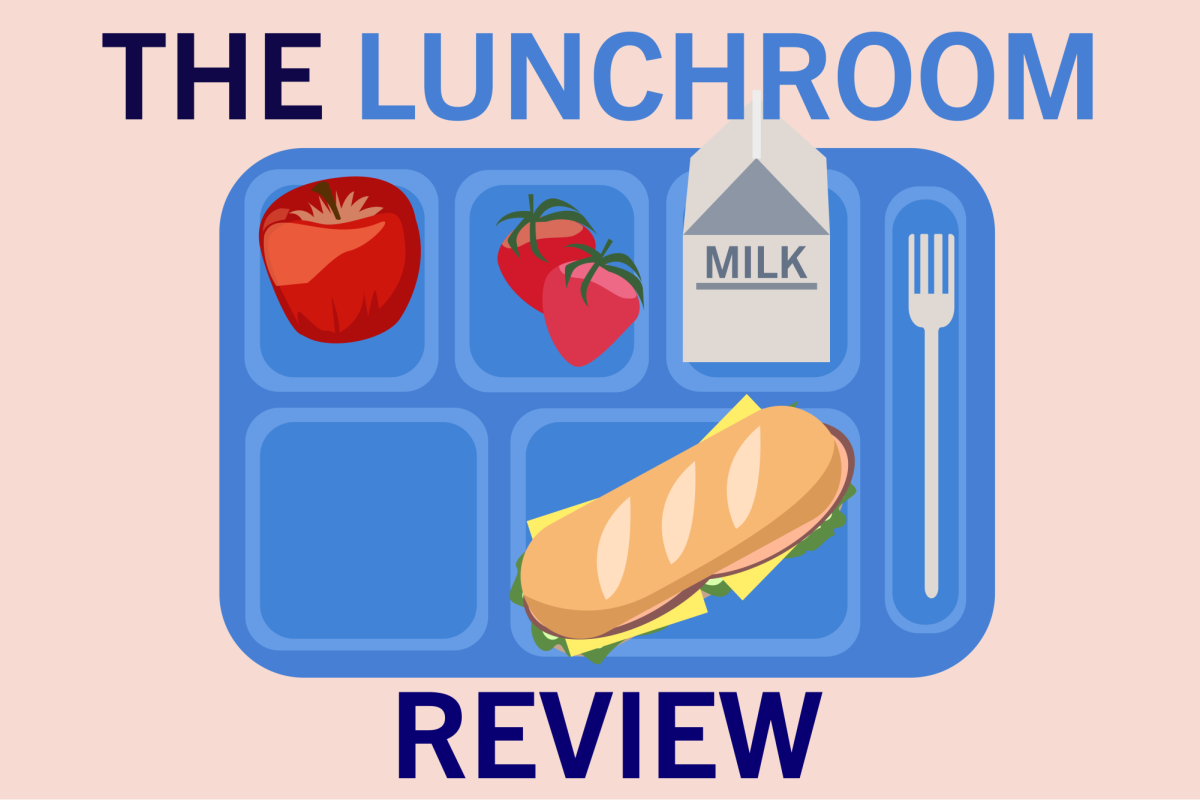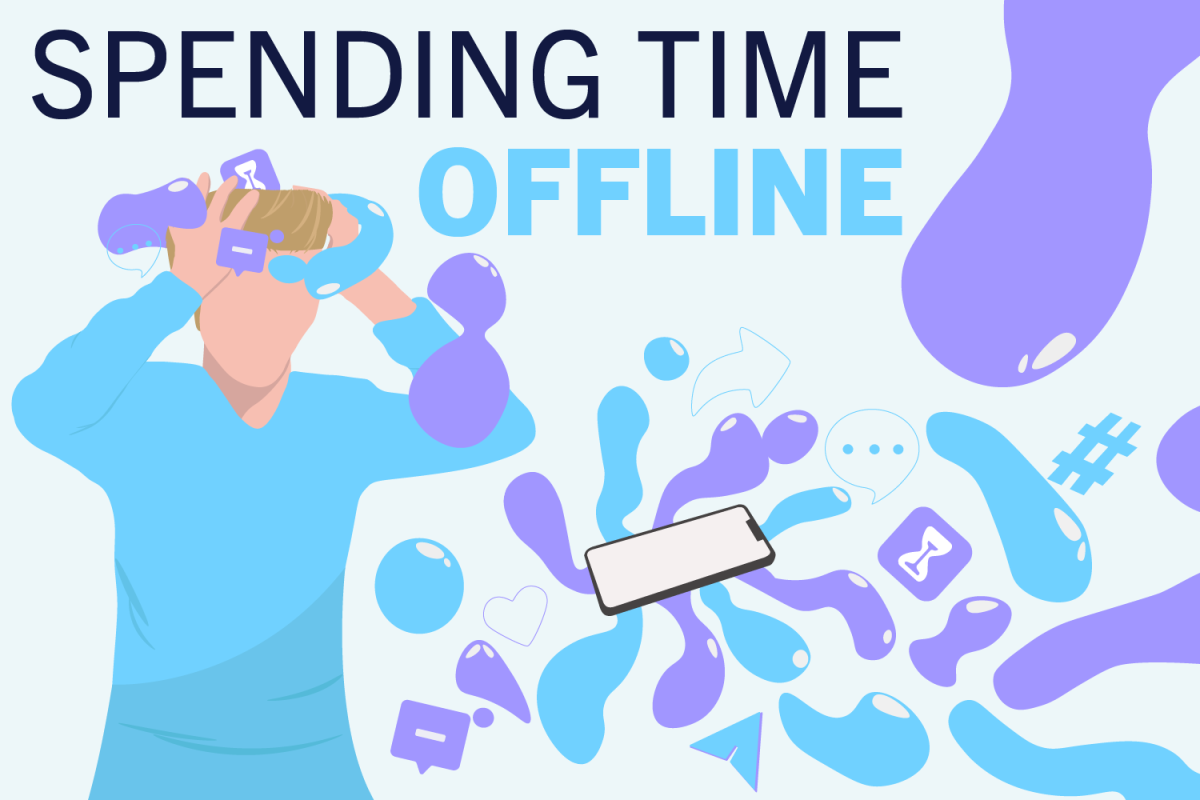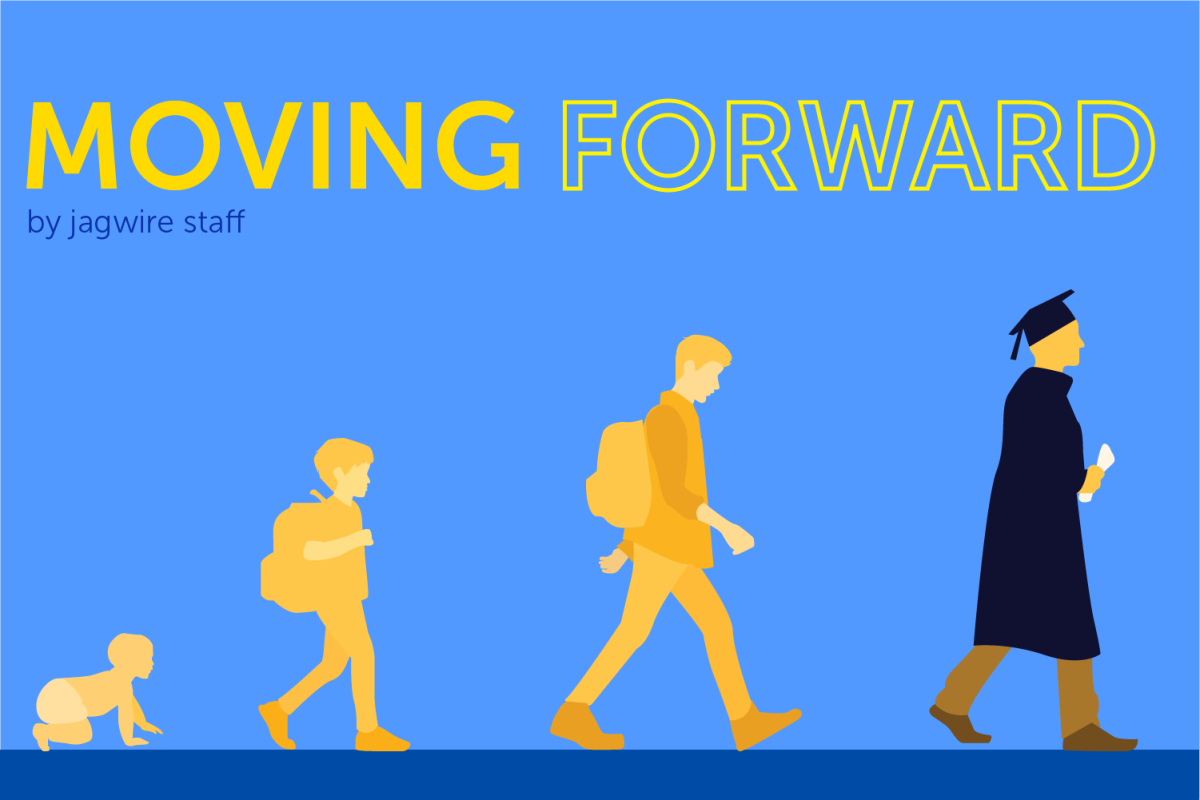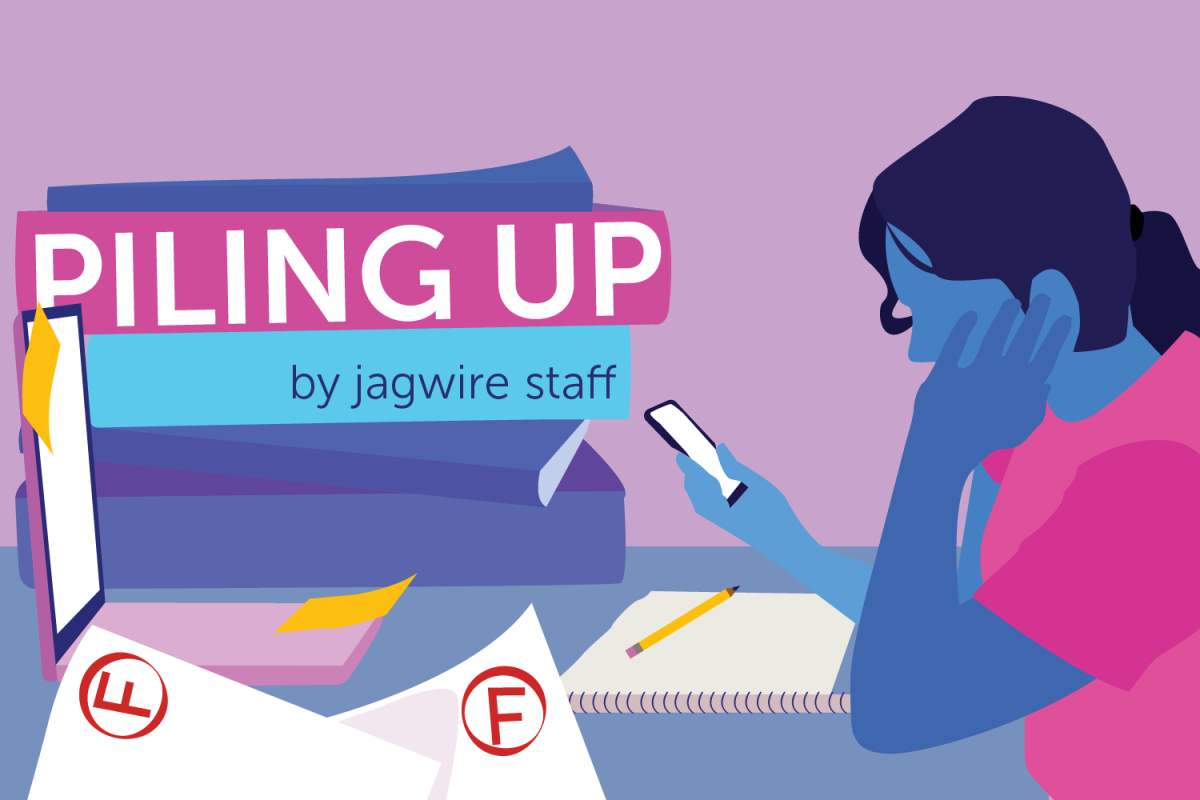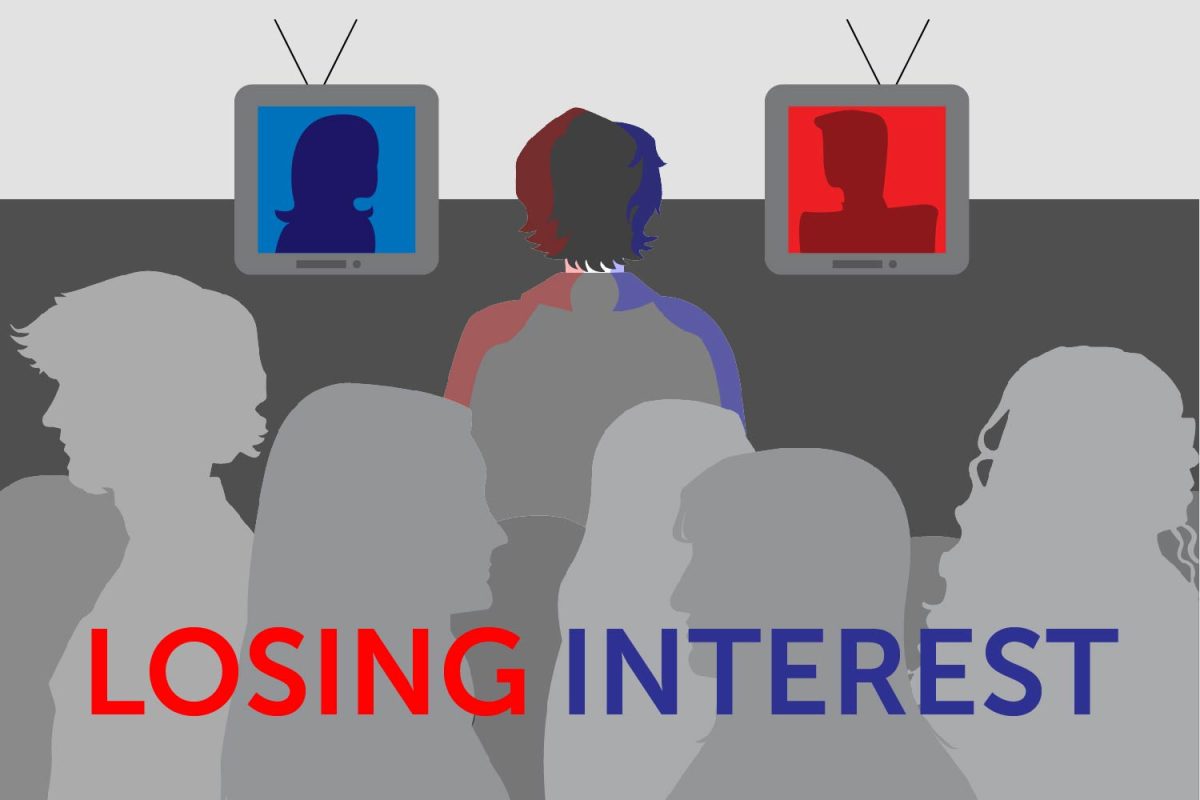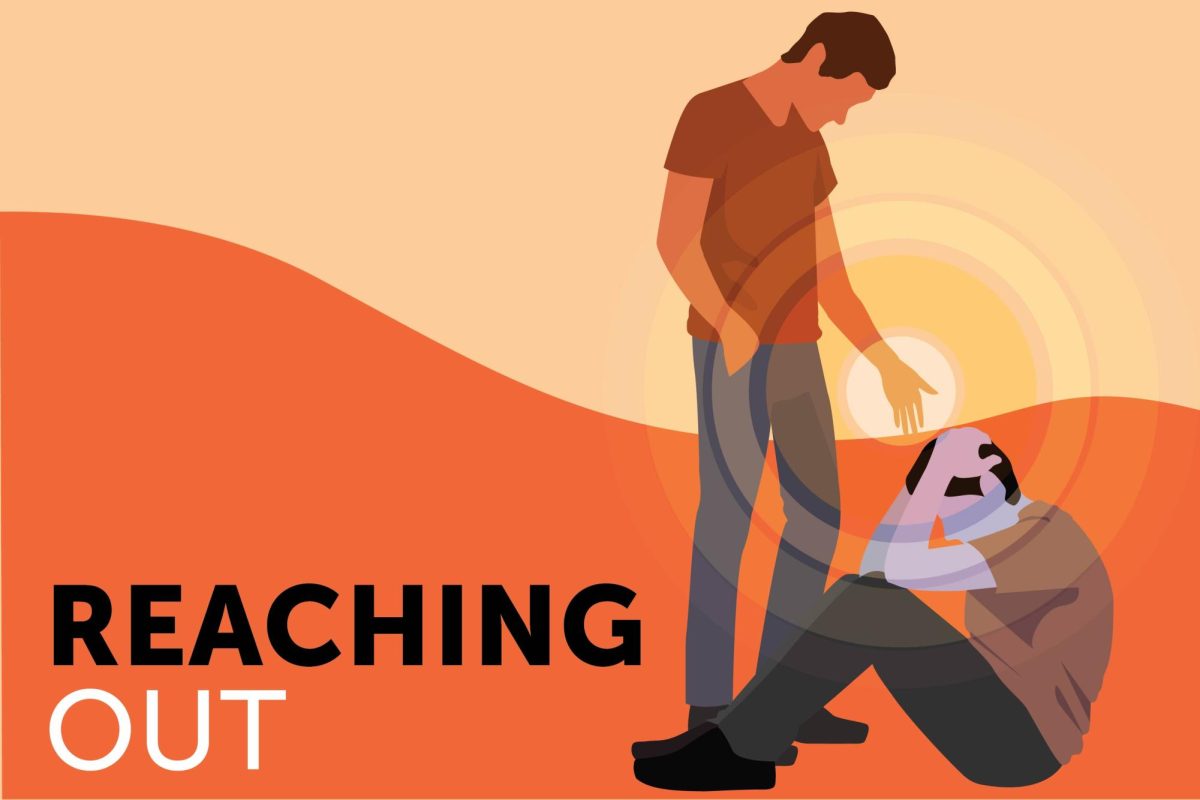It’s no secret that Mill Valley is an incredibly successful school with students who are proud to go here. We have some of the most successful programs in the state, from academics to state championship sports.
However, the pressure of attending such a successful institution can be overwhelming for Mill Valley students. For most, messages of perfection, striving for success and optimizing performance are part of daily life at school. From improving test scores to improving goal scores, there’s a constant expectation to be the best of the best.
Though striving to be better is not inherently bad, often the repeated instruction to succeed can result in feelings of failure if one isn’t the best of the best in all areas of life. The expectation can be a lot to carry for students.
According to a psychological study done by the University of Leeds, perfectionism can lead to decreased resilience and increased emotional distress in response to failure. The study also suggests that in order to build resilience, students should aim to specifically reduce “socially prescribed” perfectionism.
Studies like this are the perfect example of how detrimental a high success driven environment can be. Where achievement is only celebrated when it qualifies as above and beyond, toxic perfectionism thrives.
In a school where big accomplishments are riotously celebrated, it can be difficult to feel achievement in anything on a smaller scale. Rarely is effort equally rewarded across activities and subjects, either by students or staff.
Some academic achievements are often valued more than others while some sports receive more attention and praise than others do.
Despite the accomplishments of Mill Valley, because of our constant push towards success, it is important to bear in mind what we are able to do on our own.
Students should feel proud of the accomplishments they’ve made, whether or not they are the absolute best at what they do. Teachers and administration should encourage students to work hard, but should also be aware of the stress teenagers are already under.
Becoming more empathetic of the pressure others feel can create a more understanding school environment because all anyone can really do is their best, not the best of other people.



